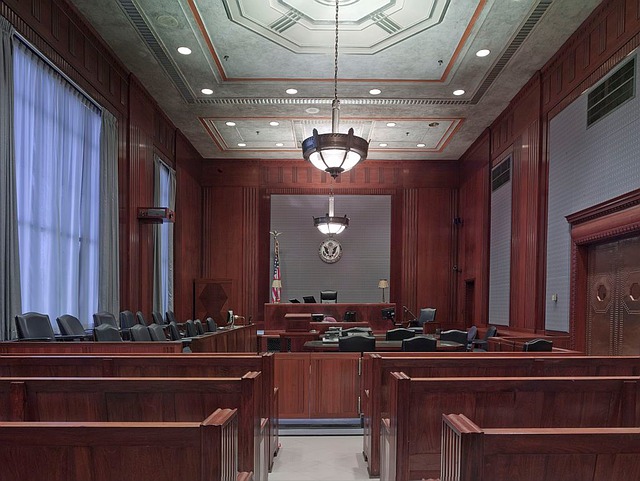
02 Dec How To Prepare for a Hearing
This is your case, your assets, your kids, your future. You need to take an active role and learn about and prepare for a hearing. A hearing is different from a trial. It typically is not a final disposition in a case. Hearings are used for pretrial matters such as Motions for Temporary Maintenance or Custody, Motions to Suppress Illegally Obtained Evidence, and Motions for Default. They are shorter than trials. If testimony is involved, however, they are just as formal as a trial and the same rules of evidence apply.
It is very likely that you as a client or witness will have to testify at the hearing. That makes most people nervous. The best way to alleviate your anxiety is through preparation. There are three areas that you should learn about and prepare for:
Your Courtroom Etiquette at Hearing
You will probably be sitting at Counsel’s table (between the Judge’s bench and the audience benches) with your Attorney. You are the client. This is your case, your hearing, and your time at the Counsel’s table. Please refrain from talking to your Attorney during the hearing. Attorneys are busy listening to the testimony to field possible objections and making notes to follow-up on in redirect or cross examination. It is also possible that there is a microphone on Counsel’s table that is on due to the testimony being recorded.
Do not talk back to other witnesses or the opposing party during their questioning or testimony. Do not grimace or otherwise use dramatic body language to comment on what they are saying. This is your time to be calm, cool and collected. Be professional and even-tempered.
Your Appearance
This isn’t difficult, but knowing in advance the best way to dress will alleviate some anxiety. For a hearing, I would say that a suit is not necessary. You can wear one if you like, the Attorneys certainly will be. But a professional business casual look will meet the needs of the day. Please do not wear jeans.
Your Testimony
Your Attorney should provide you with an outline of the questions before your hearing date. He or she is tasked with “establishing the record” so your Attorney needs to elicit certain facts from you during the hearing. Knowing in advance what parts of your story are important and what parts are extraneous will help you focus your answers. Concise answers have the most persuasive effect on the Judge.
You may be interrupted a few times by opposing counsel stating “Objection”. When that happens, stop your story and give your Attorney or the Judge a chance to respond. An objection is used when the statement might be a violation of the rules of evidence. It isn’t something for you to worry too much about. Your Attorney will rephrase your story to help you pick it back up once the Judge has ruled on the objection.
Once you are done with your version, the other party will have a chance to question you. This is called “Cross Examination”. They will ask you specific, pointed yes or no questions. Answer them honestly. If your Attorney objects, do the same and give them time to talk to the Judge and get a ruling before you answer.
In conclusion, you prepare for a hearing by educating yourself on courtroom procedure, dressing appropriately, behaving professionally in Court, and practicing your questioning with your Attorney. Adequate preparation will not only help your case, it will ease stress and anxiety in the days leading up to your court date.







No Comments